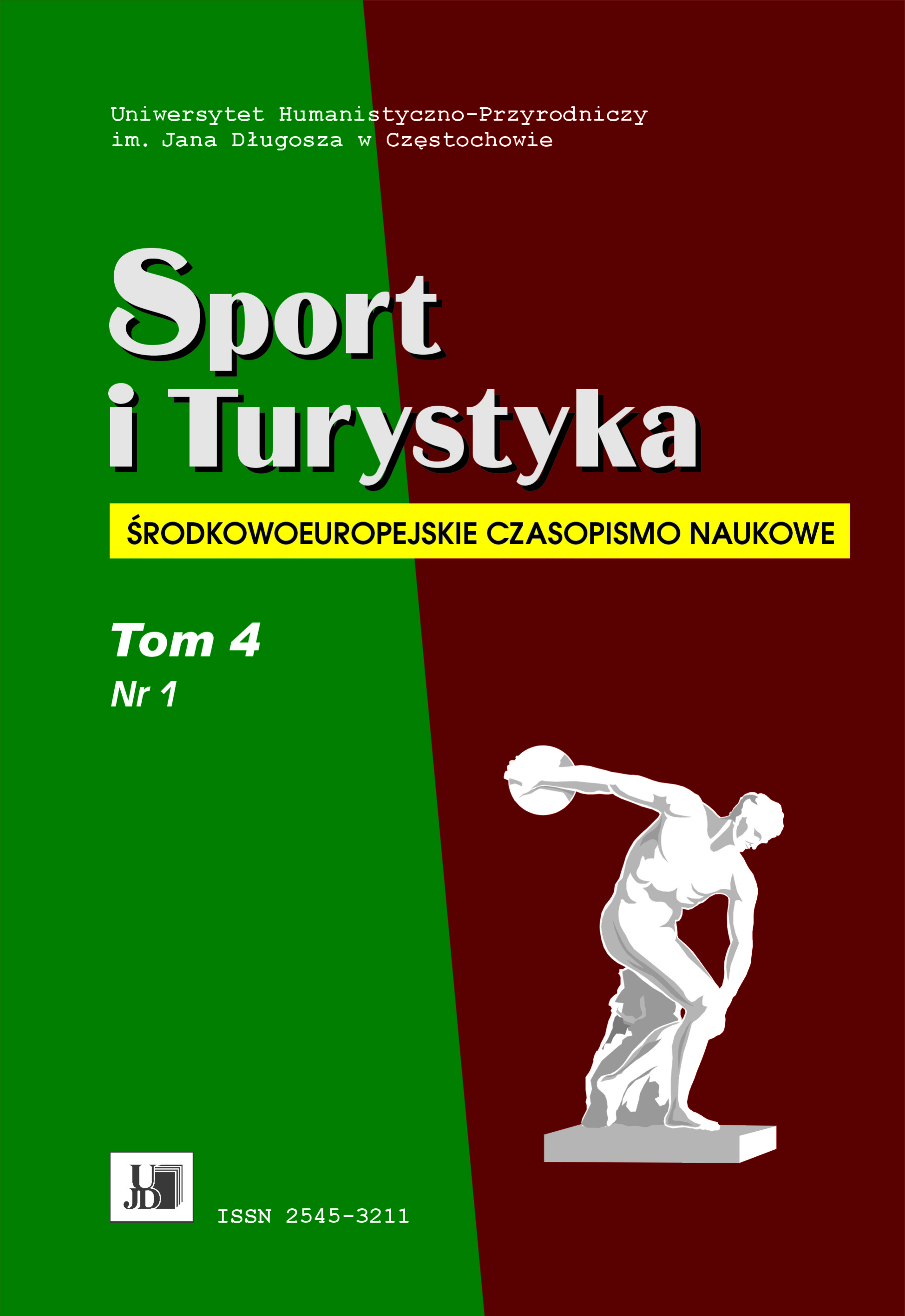Abstract
The main purpose of the article is to study the folk game Swinka and fine tune its rules in order to incorporate the game into tourism initiatives, recreation and social practices (such as weddings), as well as lay foundations for further study of the game with reference to pedagogy, psychology and sociology. The article examines games recorded in the 19th – 20th centuries on the territories of Belarus, Poland, Lithuania, Russia, Serbia, Croatia and Slovenia. Research methods from the field of folklore, linguistics and sociology are aimed at analyzing the plots of the game, the rules, the unstructured verbal material, associated with the designation of game loci, attributes and actions of the players, and the leading player, as well as at formulating proposals for the rules adjustments, suggested by the adult players. Invectives and punishments in the game of Swinka are originating in symbolism, the pragmatics of the rite of initiation into the craft of shepherds. Those could preserve, to a certain extent, a part of their “purely” invective and insulting connotations when the game transferred into the children's environment. The transition character of the invective function was studied: from the “purely” invective function (the vocabulary of adult shepherds) to the expressive one in the game. Both functions create an inferior image of the leading player by attributing to him negative characteristics. The game can also be interpreted as a tool in setting turns among the shepherds or out of turn assignments to livestock or pigs grazing. The uniqueness of the game lies in the need to constantly switching from the team actions to the purely individualistic and selfish actions and back. Proposals are made for rules adjustments to minimize injuries to participants and accelerate the pace of the game. The knowledge of the folklore, the historical context of the game’s emergence and the formation of negative nicknames for the leading player, as well as the connotations of the names of the game allows us to consider the game to be one of the brightest cultural manifestations. The game has good prospects for popularization among both the young and the adults in the Republic of Belarus and the Republic of Poland.





